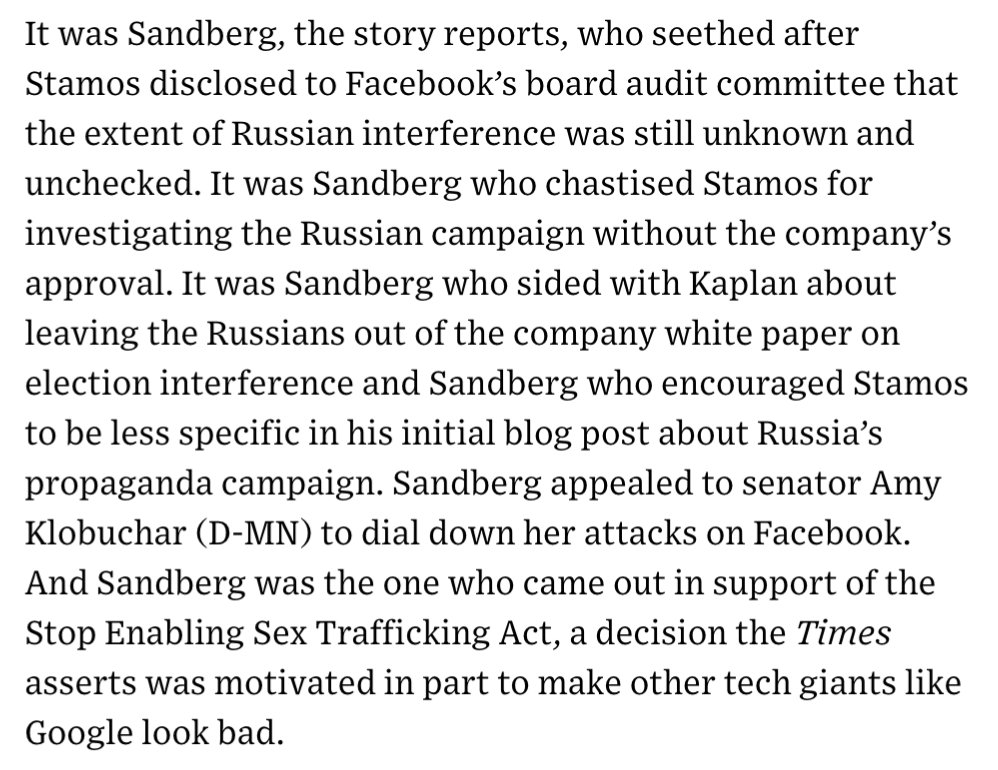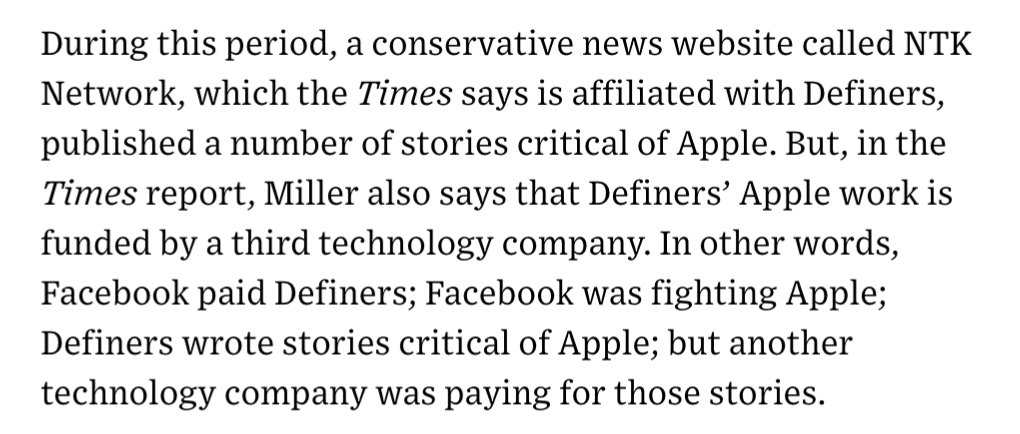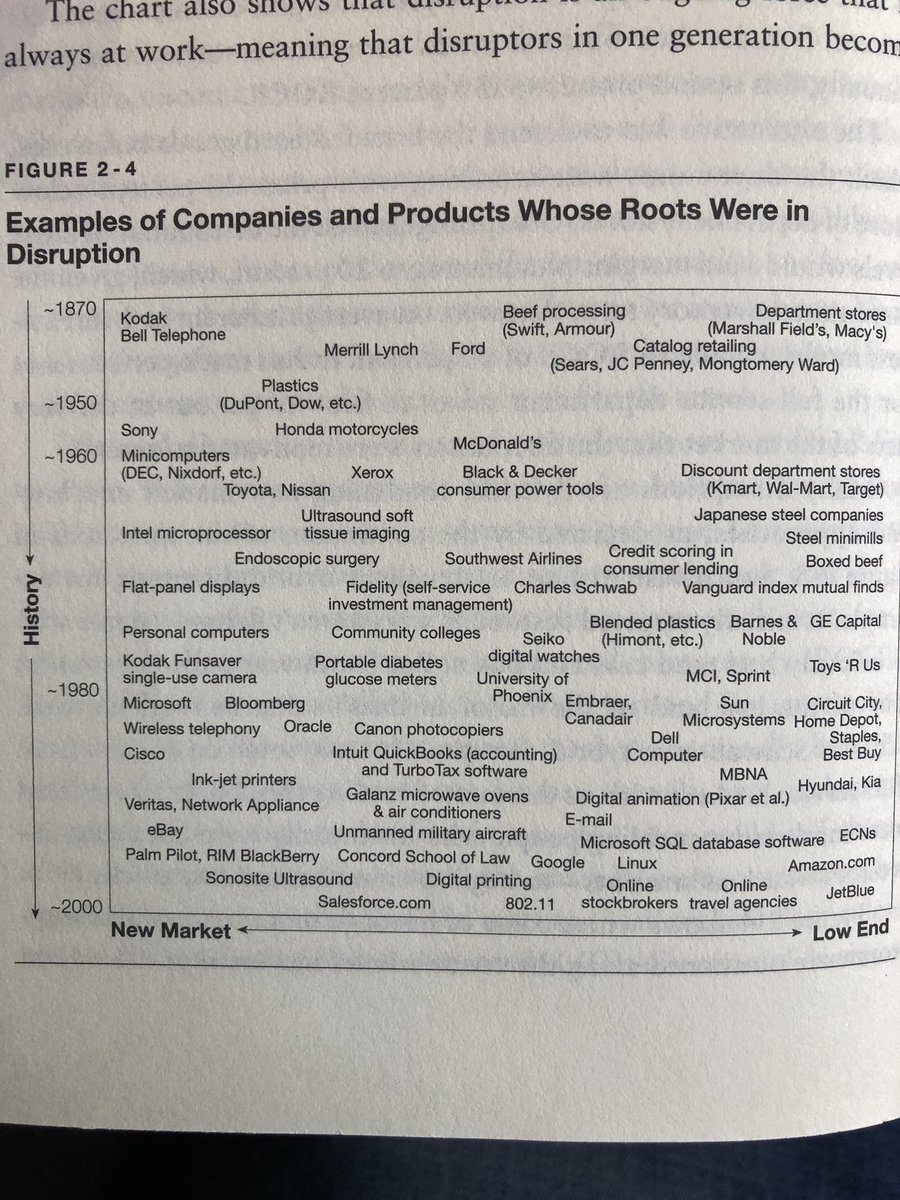if I just type "foone blah" now...
argh chrome updated and it seems they've intentionally broken custom search engines. I have had a keyword search for "foone" which searches my own twitter, so I just type "foone BLAH" and it gives me a twitter search for when I said BLAH, right?

if I just type "foone blah" now...

1. this will break the "searched from the address bar" magic, which means google will make me do captchas if I search too fast
2. it will break search suggestions too
https://t.co/KShHdCMzeT
I finally figured out how to get back being able to press SPACE instead of being forced to use TAB while using custom search in Chrome.
— Artem Russakovskii (@ArtemR) February 3, 2021
If you see the pill, then you are currently forced to use TAB. To get spaces back: disable chrome://flags/#omnibox-keyword-search-button pic.twitter.com/U5UkEtNXpW
1. this is how it's been for years. I can type "foone blah" faster than you can blink, man. it's the #1 thing I DO in my browser. what appeals to me is THIS IS HOW IT FUCKING WORKS, DIPSHIT. CHANGING THINGS BECAUSE YOU FEEL LIKE IT IS NOT FUN
it's a very common key to press. the tab key is not so centrally located, because it's rare.
AND I SAY THAT AS A PYTHON PROGRAMMER

Maybe I could swap the keycaps and mod the key matrix or reflash the controller?

I have a keyboard from the mid-90s and I'm thinking about dumping a 8051 firmware, reverse engineering it, modifying it, and reflashing it onto the keyboard just to eliminate a tiny source of friction in using it.
C32191AE or 1001000220 have no results.
maybe I should just stick it in my EEPROM reader and see if it can dump it as a generic 8051, then flash the modded code onto a replacement flash-enabled 8051?

I'd want to desolder the 8051, but look, this controller PCB is basically sitting on top of the main keyboard PCB


what's a web browser? OH, YOU'LL SEE!


It's older than the US release of the Super Nintendo.
Zelda: A Link To The Past, The US release of the Super Nintendo, and the dissolution of the USSR hadn't happened yet, but would later that year.
This use a capacitive method to detect key presses. These seem to have been liked by some companies as a better feeling keyboard than a membrane, but the foam sometimes completely disintegrates so they don't last forever.

This is apparently for "overtravel". The key actually is detected shortly after you start pushing it down, but to make it feel like you can push it down farther, the foam is there and gets compressed.

https://t.co/syXLRu6Rly
https://t.co/8xEis5WHID
The two pins in the middle go off to other keys (since it's a matrix) so I can't really swap them without affecting other ones

This would be hard because they'd have to cross, so I'd either have to use insulating layers or drill through to the other side.

The ones on top are for a reverse-side jumper connection.

More from foone
So I got out some CF cards and noticed something odd about this one. Do you see the weirdness?

How the fuck is a CF card "USB Enabled"?

So CF cards are a weird beast that act as either a PCMCIA card or an ATA/IDE card depending on a mode pin.
They're definitely not USB.
And it's not like that weird SanDisk card I have which you can fold in half and plug it in as a USB device.
It turns out the reason for "USB Enabled" is because it's a Lexar drive from the jumpSHOT era.
This is a normal CF card in most cases, you can use it in normal CF card readers and such

How the fuck is a CF card "USB Enabled"?

So CF cards are a weird beast that act as either a PCMCIA card or an ATA/IDE card depending on a mode pin.
They're definitely not USB.
And it's not like that weird SanDisk card I have which you can fold in half and plug it in as a USB device.
Flip it over, bend it in half, and now you can plug your SD card right into a USB port pic.twitter.com/jeBefP2xU1
— foone (@Foone) May 2, 2020
It turns out the reason for "USB Enabled" is because it's a Lexar drive from the jumpSHOT era.
This is a normal CF card in most cases, you can use it in normal CF card readers and such
More from Tech
On Wednesday, The New York Times published a blockbuster report on the failures of Facebook’s management team during the past three years. It's.... not flattering, to say the least. Here are six follow-up questions that merit more investigation. 1/
1) During the past year, most of the anger at Facebook has been directed at Mark Zuckerberg. The question now is whether Sheryl Sandberg, the executive charged with solving Facebook’s hardest problems, has caused a few too many of her own. 2/ https://t.co/DTsc3g0hQf

2) One of the juiciest sentences in @nytimes’ piece involves a research group called Definers Public Affairs, which Facebook hired to look into the funding of the company’s opposition. What other tech company was paying Definers to smear Apple? 3/ https://t.co/DTsc3g0hQf

3) The leadership of the Democratic Party has, generally, supported Facebook over the years. But as public opinion turns against the company, prominent Democrats have started to turn, too. What will that relationship look like now? 4/
4) According to the @nytimes, Facebook worked to paint its critics as anti-Semitic, while simultaneously working to spread the idea that George Soros was supporting its critics—a classic tactic of anti-Semitic conspiracy theorists. What exactly were they trying to do there? 5/
1) During the past year, most of the anger at Facebook has been directed at Mark Zuckerberg. The question now is whether Sheryl Sandberg, the executive charged with solving Facebook’s hardest problems, has caused a few too many of her own. 2/ https://t.co/DTsc3g0hQf

2) One of the juiciest sentences in @nytimes’ piece involves a research group called Definers Public Affairs, which Facebook hired to look into the funding of the company’s opposition. What other tech company was paying Definers to smear Apple? 3/ https://t.co/DTsc3g0hQf

3) The leadership of the Democratic Party has, generally, supported Facebook over the years. But as public opinion turns against the company, prominent Democrats have started to turn, too. What will that relationship look like now? 4/
4) According to the @nytimes, Facebook worked to paint its critics as anti-Semitic, while simultaneously working to spread the idea that George Soros was supporting its critics—a classic tactic of anti-Semitic conspiracy theorists. What exactly were they trying to do there? 5/
You May Also Like
I just finished Eric Adler's The Battle of the Classics, and wanted to say something about Joel Christiansen's review linked below. I am not sure what motivates the review (I speculate a bit below), but it gives a very misleading impression of the book. 1/x
The meat of the criticism is that the history Adler gives is insufficiently critical. Adler describes a few figures who had a great influence on how the modern US university was formed. It's certainly critical: it focuses on the social Darwinism of these figures. 2/x
Other insinuations and suggestions in the review seem wildly off the mark, distorted, or inappropriate-- for example, that the book is clickbaity (it is scholarly) or conservative (hardly) or connected to the events at the Capitol (give me a break). 3/x
The core question: in what sense is classics inherently racist? Classics is old. On Adler's account, it begins in ancient Rome and is revived in the Renaissance. Slavery (Christiansen's primary concern) is also very old. Let's say classics is an education for slaveowners. 4/x
It's worth remembering that literacy itself is elite throughout most of this history. Literacy is, then, also the education of slaveowners. We can honor oral and musical traditions without denying that literacy is, generally, good. 5/x
As someone\u2019s who\u2019s read the book, this review strikes me as tremendously unfair. It mostly faults Adler for not writing the book the reviewer wishes he had! https://t.co/pqpt5Ziivj
— Teresa M. Bejan (@tmbejan) January 12, 2021
The meat of the criticism is that the history Adler gives is insufficiently critical. Adler describes a few figures who had a great influence on how the modern US university was formed. It's certainly critical: it focuses on the social Darwinism of these figures. 2/x
Other insinuations and suggestions in the review seem wildly off the mark, distorted, or inappropriate-- for example, that the book is clickbaity (it is scholarly) or conservative (hardly) or connected to the events at the Capitol (give me a break). 3/x
The core question: in what sense is classics inherently racist? Classics is old. On Adler's account, it begins in ancient Rome and is revived in the Renaissance. Slavery (Christiansen's primary concern) is also very old. Let's say classics is an education for slaveowners. 4/x
It's worth remembering that literacy itself is elite throughout most of this history. Literacy is, then, also the education of slaveowners. We can honor oral and musical traditions without denying that literacy is, generally, good. 5/x





























